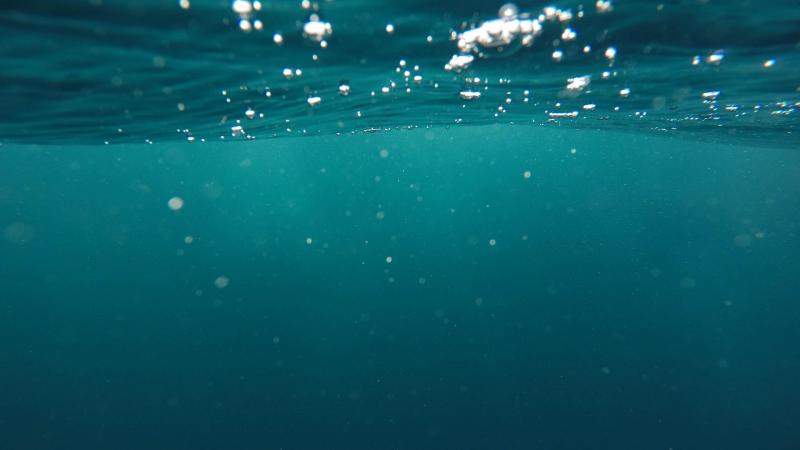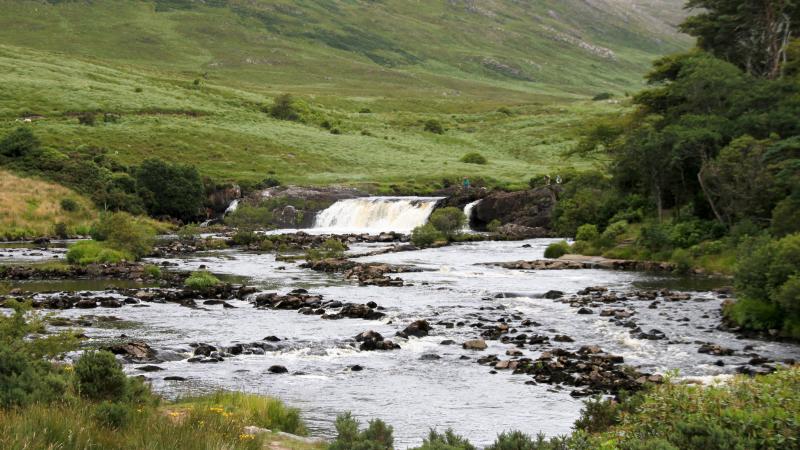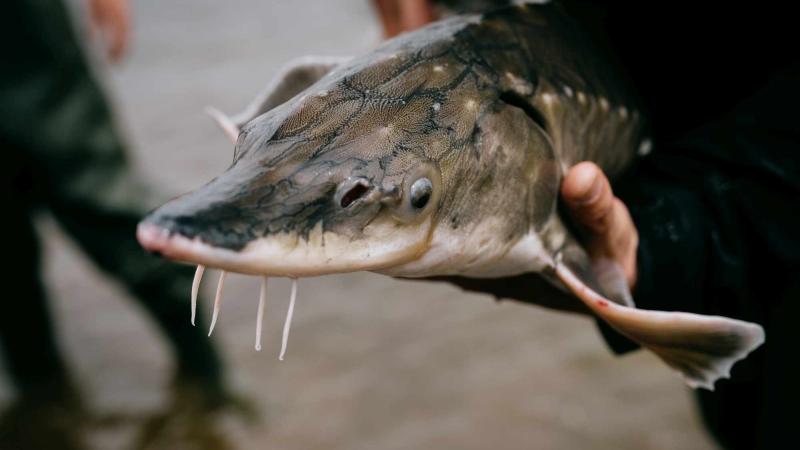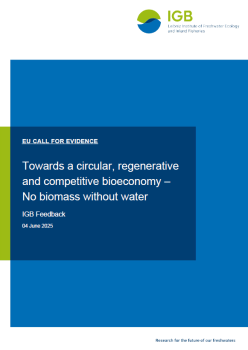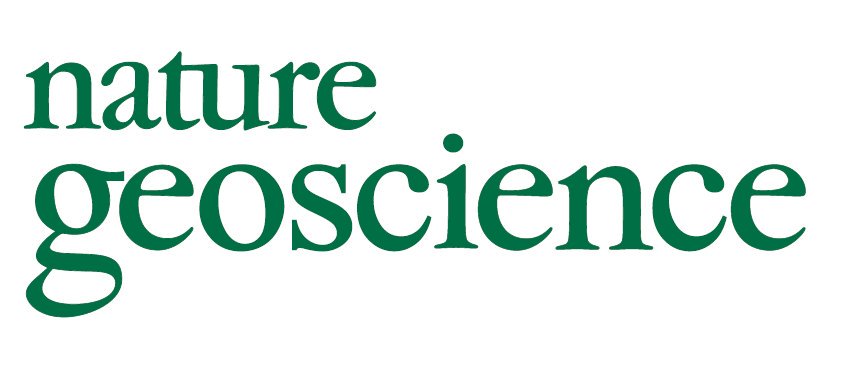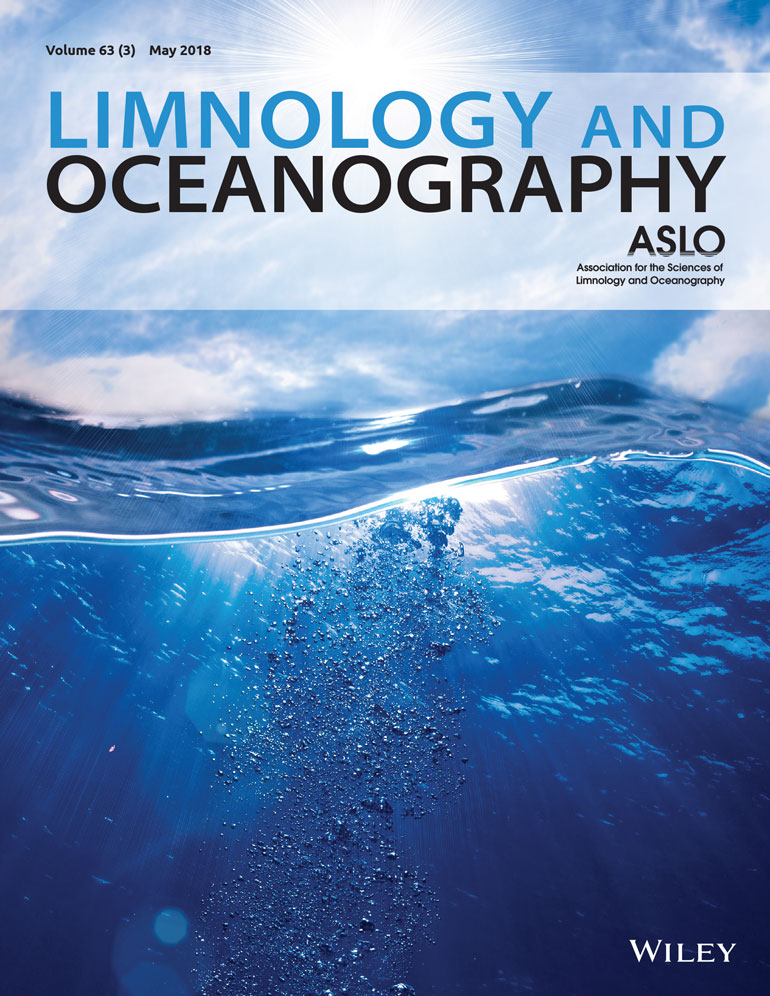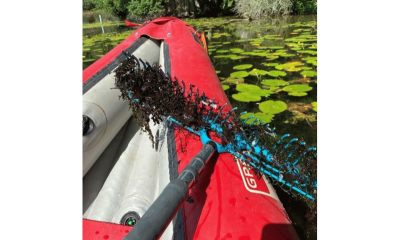
Countless organisms live on our planet. However, this biodiversity is threatened by human dominance. In particular, genetic diversity, species diversity and ecosystem diversity are affected. The main reasons for the rapid decline in biodiversity are climate change, large-scale land-use change, direct exploitation, pollution and the spread of invasive alien species. Freshwater species – from larger animals (“megafauna”), fish, amphibians, invertebrates, macrophytes to a variety of microorganisms (e.g. plankton, bacteria, fungi and viruses) – are particularly affected by these pressures. In this context, aquatic biodiversity contributes to the stability and resilience of ecosystems in the context of global change, and plays a central role in important ecosystem services such as water purification, food supply and recreational opportunities.
In the programme area “Biodiversity in a Changing World”, IGB engages in research on the drivers and implications of biodiversity loss and on how biodiversity can be conserved. The focus is on lakes, rivers and wetlands in general, including small freshwater habitats such as ponds and streams, as well as feedback mechanisms between aquatic and terrestrial systems.
Speakers
News
Downloads
Selected publications
Distinct contributions of suspended and sinking prokaryotes to mesopelagic carbon budget
Oceans are important carbon sinks. Bacteria play a central role in carbon cycling because, collectively, they convert more organic material than all other marine organisms combined. Their activity acts as a “carbon pump”, ensuring that life is possible in the deep sea. The authors quantified the effect of bacteria in the middle ocean layers, known as the twilight zone, in the North-East Atlantic.
Flow variability and macroinvertebrates jointly regulate stream periphyton and metabolism: Insights from experimental stream mesocosms
In stream mesocosm experiments the authors tested how reduced flow and a sequence of controlled flushing events, with or without macroinvertebrates, affect periphyton community composition, algal biovolume, and ecosystem metabolism. Flow variability and macroinvertebrates control periphyton structure, metabolism, and carbon cycling, with macroinvertebrates stabilising responses to disturbance.
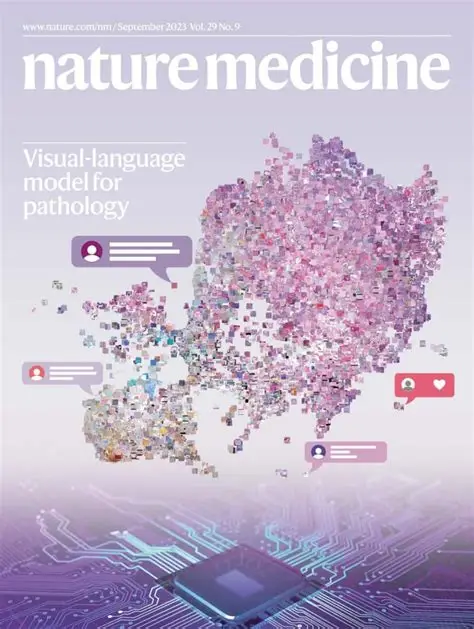
Challenges in studying microplastics in human brain
Microplastics are ubiquitous – in the environment and in the human body. However, accurately detecting these particles poses major challenges for researchers from various disciplines. The authors described the methodological difficulties in the journal and call for more standardized methods in biomonitoring.
A roadmap for equitable reuse of public microbiome data
Science benefits from the rapid and open exchange of knowledge. However, there is a lack of appropriate community standards for data exchange between different institutions. In this article the authors discuss improvements for the exchange of extensive microbiome data.
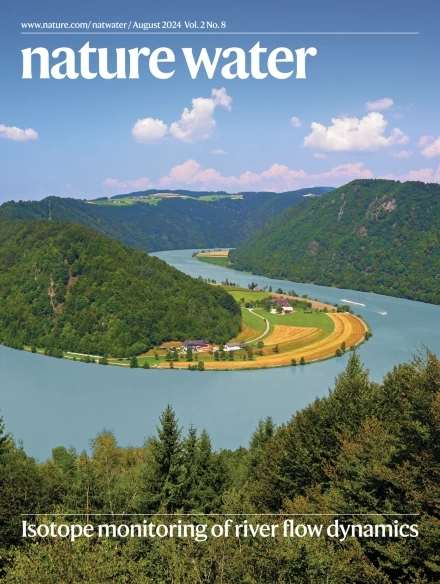
Europe’s water law needs genomic resolution
The authors recommend a new genetic approach for the obligatory measurements under the European Water Framework Directive (WFD). Currently, the diversity of phytoplankton – i.e. microalgae – is assessed as a key parameter for water quality using an inverse microscope technique that has been in use since 1958.


